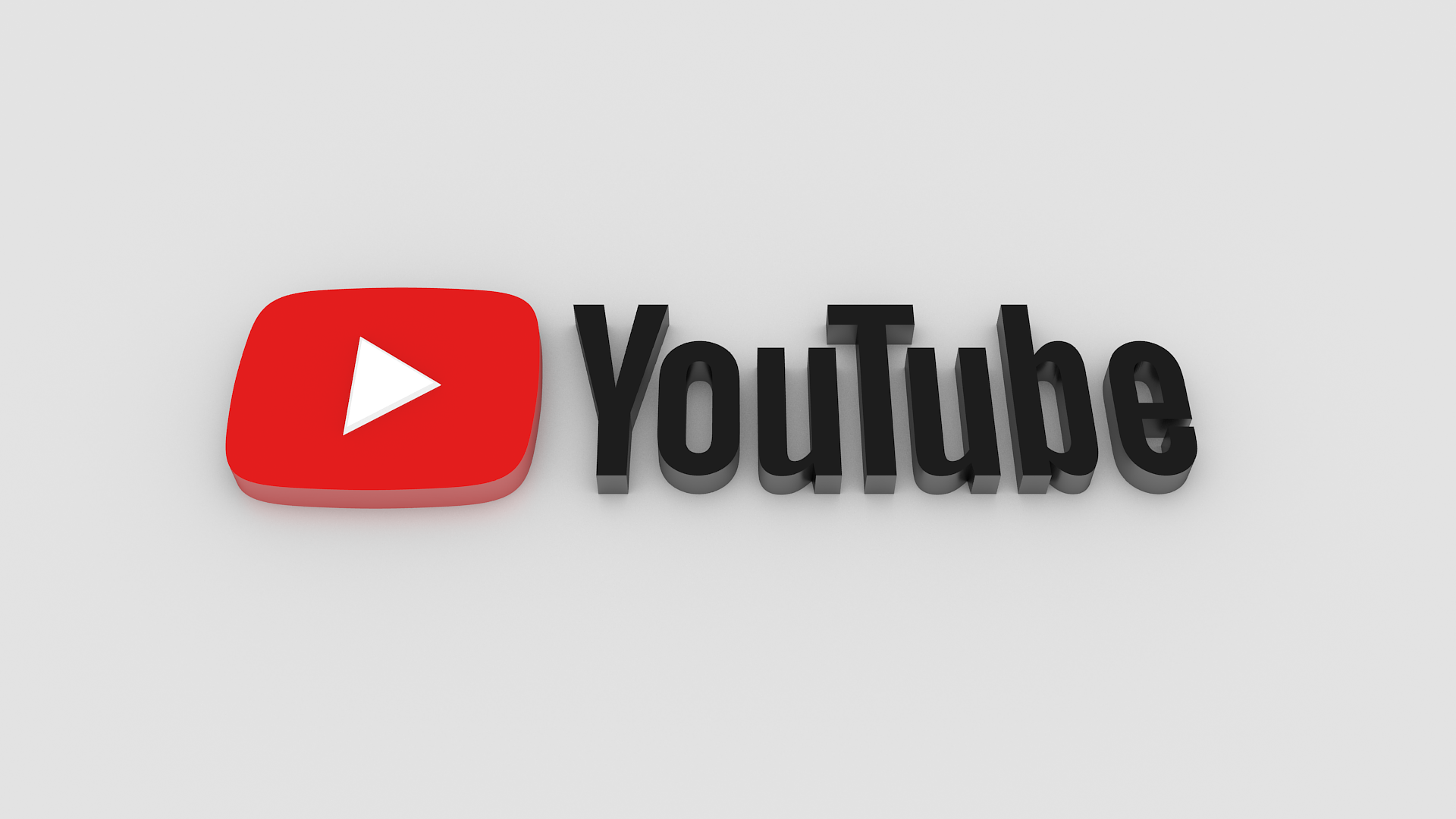YouTube vs. ad blockers: The battle for ad revenue continues
YouTube has been hunting down ad blockers since last year and now will be officially going against third-party apps this time! Here is how it started!
Ad blockers have been a target for YouTube for a while now only this time, they are after third-party apps. Since last year, the world's largest streaming platform has been cracking down on users who actively use ad blockers which prevent ads from popping up.
Ad blocker developers enhanced their software in response to the measures taken by streaming platforms to counter ad blocking. For some time, YouTube did not announce any updates related to ad blocking. The assumption was that the platform may have given up on its pursuit of ad blockers.
However, on April 15th, YouTube officially stated that third-party ad blockers would be their next target. Here is everything you need to know about this ongoing brawl between YouTube and adblockers!
YouTube Vs Ad blockers: A quick timeline

YouTube has declared an official war against adblockers since 2023. The reason? Well, this big online video-sharing platform will face huge losses since its revenue comes from showing ads.
Last year, YouTube confirmed they were experimenting with users globally who had ad blockers while speaking to The Verge. This warning message stated that the use of ad blockers is not allowed and ads help content creators earn however users can still opt for YouTube Premium to go ad-free.
Due to this, users had to disable their ad blockers after watching 3 consecutive videos or they would not be allowed to watch YouTube videos. Later, this move made many users complain online regarding their ad blockers not working on the streaming platform in January.
However, everyone thought YouTube may have given up on going against ad blockers. That was up until April 15th when the streaming platform announced they would crack down on third-party ad blockers that violate YouTube's policy.
So far, no accounts have been banned because of ad blockers which is a relief for many users.
Why are ad blockers used?
Ad blockers are software tools that can hide or remove advertisements when a user is browsing a webpage. Usually, this software is added as an extension to prevent ads from popping up. When it comes to YouTube, the ads are not always skippable, but ad blockers can stop them. In short, it's a technique to bypass the personalised advertisements.
More importantly, users have often emphasised YouTube shows too many ads even for a short video. In fact, around 2017 to 2019, YouTube introduced double ads for long-duration videos that sometimes can be unskippable.
Why do ads matter to YouTube?
YouTube's revenue generation mainly comes from showing advertisements but they are not the only ones who benefit from it. Content creators and influencers get enrolled in the YouTube Partner Program to get some share of the ad revenue. Moreover, they can also receive sponsorships from companies to promote their product or services on YouTube.
This business model helps YouTube keep their platform running and if users employ ad block extensions, it harms their revenue and affects online creators. For a win-win deal, YouTube offers a premium subscription to remove ads at Rs 129/month and Rs 399/ for 3 months whereas the yearly deal costs Rs 1,290.
Conclusion
The crackdown on ad blockers underscores the significance of this revenue stream and the challenges posed by users seeking to bypass ads. While this move may lead to debates over user experience and monetisation strategies, it reaffirms YouTube's commitment to preserving its business model and supporting its diverse community of creators. The evolving landscape of online advertising and user engagement ensures that the clash between platforms and ad blockers remains a dynamic and influential force in the digital realm.








